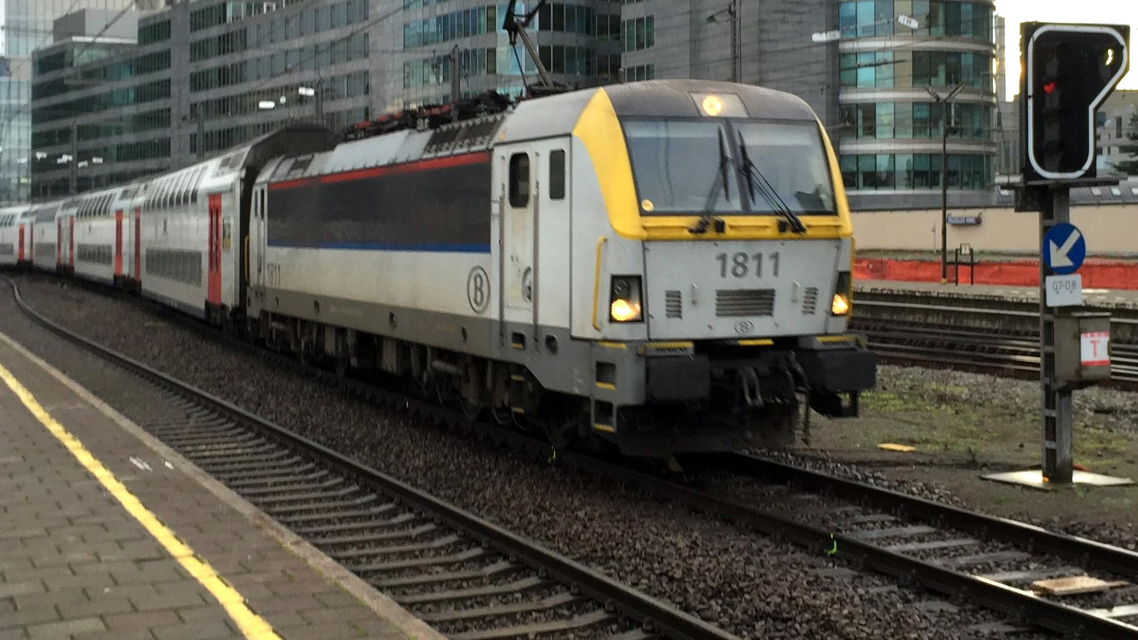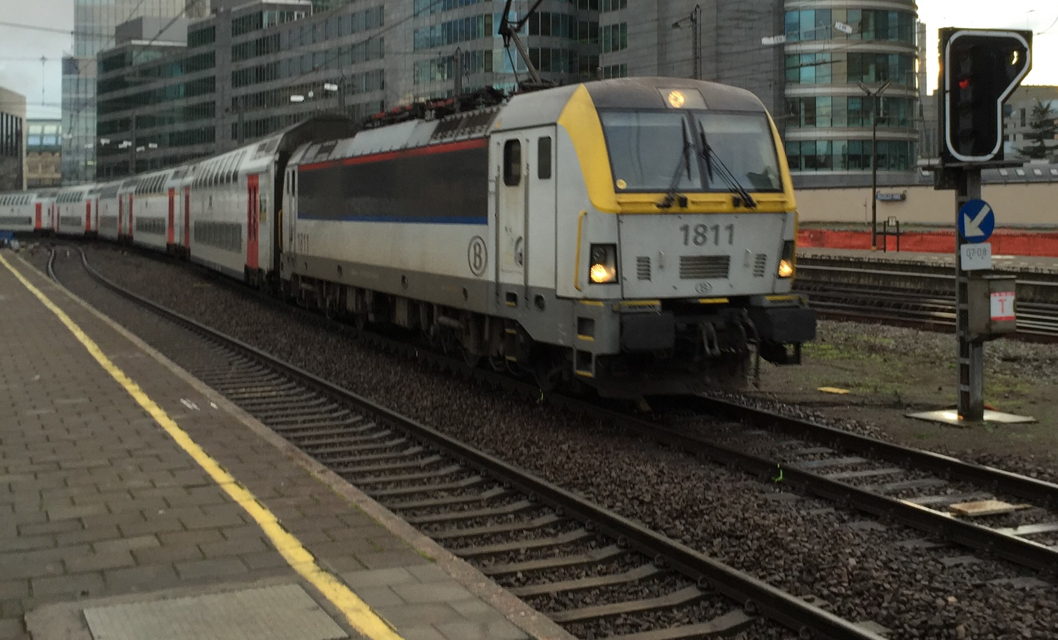The recommendations of the expert group must now result in swift and concrete action.
IndustriAll European Trade Union, which took part in the EU expert group, fully supports the outcome of this structured industrial dialogue. “The rail supply industry provides quality jobs to many workers and plays a key role in the de-carbonisation of transport. We are very satisfied with the proposals that should keep the rail industry at the cutting edge of technological progress, help in the transition to a low-carbon and digitalised economy and support low-emissions transport solutions that meet consumer needs. In this way the rail supply industry will contribute to increasing employment in industry as well as the share of manufacturing in GDP”, said Luc Triangle, General Secretary of industriAll Europe. “It is now crucial that the recommendations result in swift and concrete action”.
The recommendations, issued by the expert group after two years of work, are addressed to the rail industry, Member States, the European Commission, European standardisation organisations and EU bodies.
They are focused on the following areas:
- Embracing technological change: making rail networks more attractive for passengers and freight transport, digitalisation of the transport network to increase capacity and improve safety, integration of different transport modes, use of digital technologies in manufacturing and rail transport, promotion of collaborative research throughout smart specialisation strategies and innovation partnerships like the Shift2Rail initiative.
- Exploiting the full benefit of the internal market: reducing barriers by harmonisation of the national regulatory systems for rail transport, maintaining European leadership in standard setting, expanding and upgrading of the current European rail network, promote innovation and quality criteria in public procurement
- Achieving a level playing field amid growing international competition: dealing with unfair trade practices, opaque state aid regimes, access to third country public procurement markets, respect for intellectual property rights
- Addressing the skills challenge: 30% of the workforce will retire the next decade. At the same time workplaces will be digitalized. Therefore, skills gaps will be identified, and a Sectoral Blueprint for Skills will be implemented.
The European rail supply industry – importance and challenges
The European rail manufacturing industry employs some 400.000 workers and supports more than 1,2 million jobs indirectly. The sector accounts for almost half of the world market for rail products. Production data show a steady growth and in terms of trade, the EU accounts for 20% of world trade with railway products.
The sector is thus a stronghold of Europe’s industry and it delivers solutions to major societal challenges such as mobility, urbanisation, climate change and energy efficiency.
However, the sector is facing significant competitive pressure from emerging economies. The value of EU exports has been on the decline since 2012, mainly because of a global increase in protectionism. The industrial footprint of the sector is also changing due to the rapid growth of production in China that has overtaken the EU as the biggest producer of rolling stock.
Furthermore, the sector has to meet the growing demand for sustainable transport. Rapid urbanisation, the growing demand for clean transport, the aging of our population are factors that will increase the demand for expanding and upgrading our rail networks. Also, the European ambition to become climate-neutral by 2050 will require an irreversible shift to low-emission mobility. All this will benefit railways, provided that the right framework conditions are created.
The expert group
The expert group was set up in response to a resolution by the European Parliament in May 2016 on the competitiveness of the rail supply industry. The resolution stresses the importance of the industry, its strategic relevance, the challenges it faces, the importance of continued innovation. The expert group is composed of 60 members (Member States, trade organisations or national associations, manufacturers, system manufacturing corporates, innovation and technology clusters, and standardisation bodies). IndustriAll European Trade Union was represented in the group. After six meetings in 2018 and 2019, the group published its report on 21 October 2019.
Contact senior policy adviser Guido Nelissen for more information or further comment.
Read the final report and further information from the European Commission's information here.

